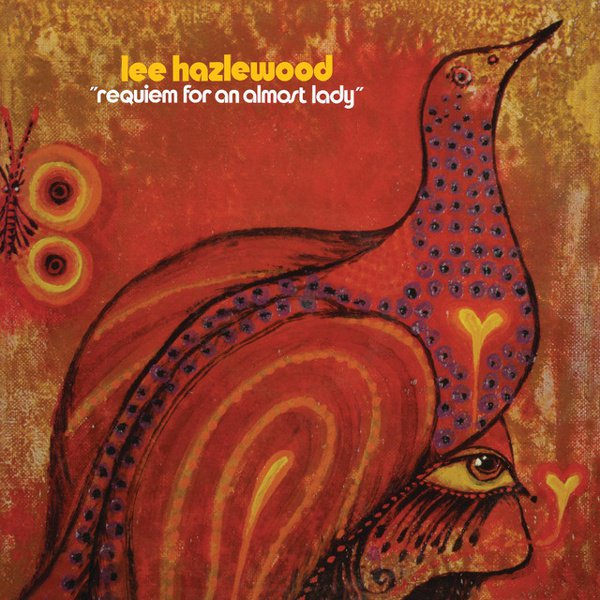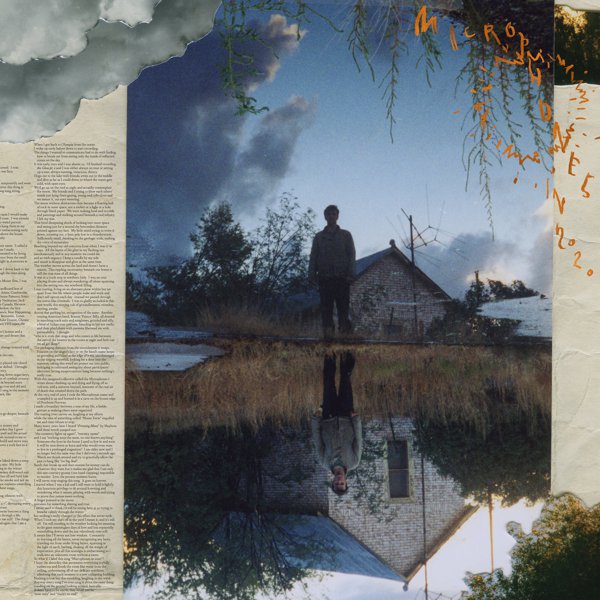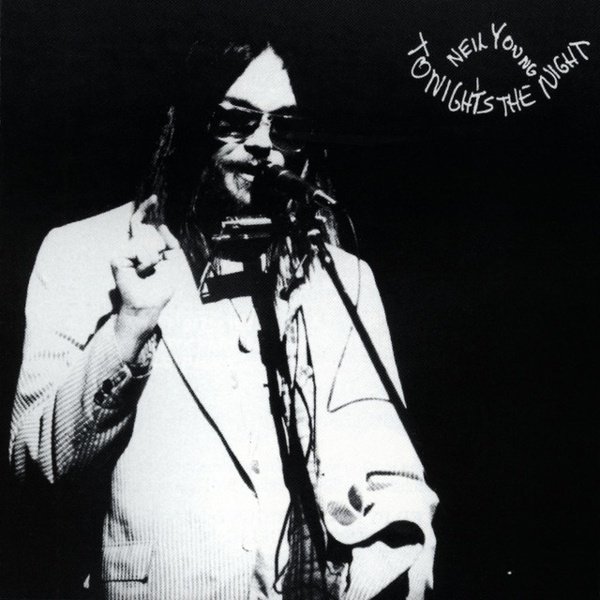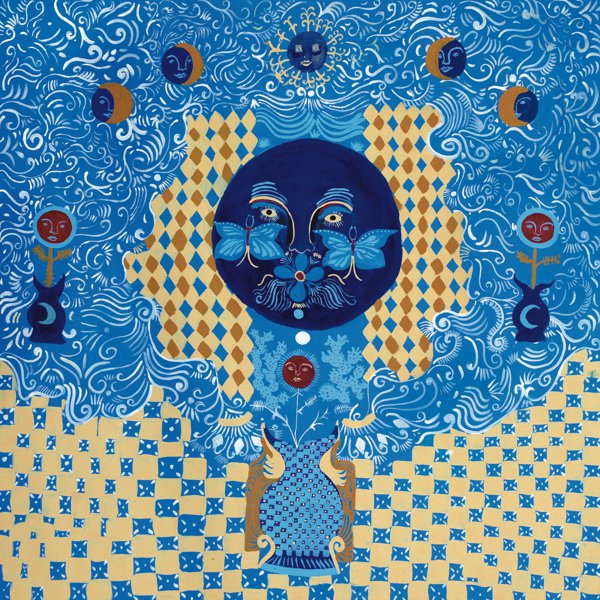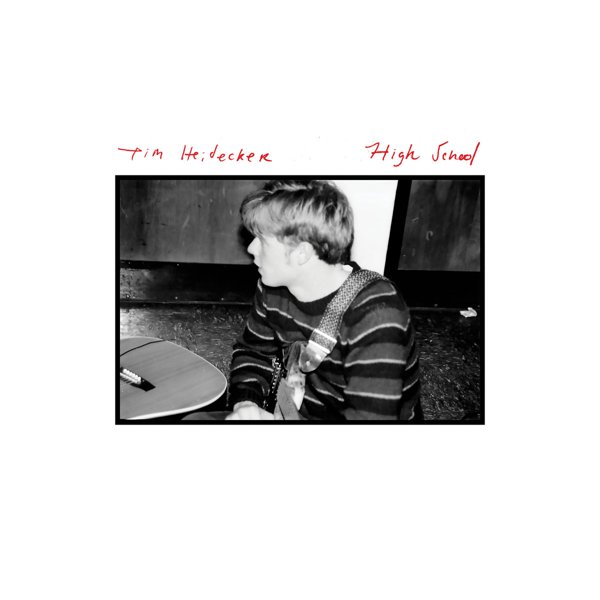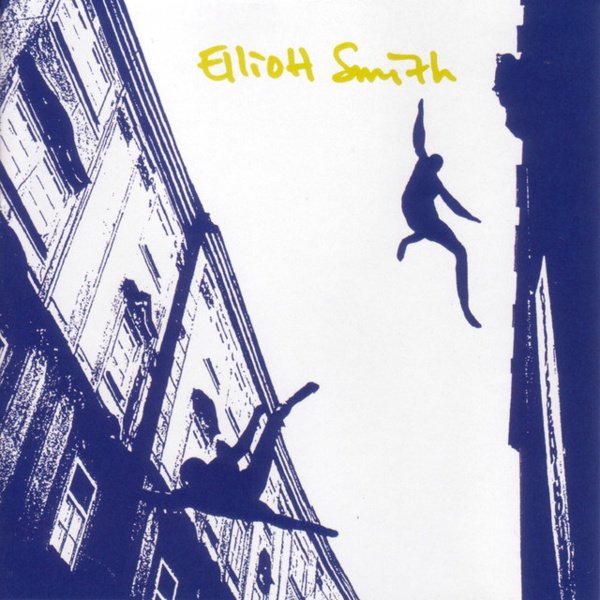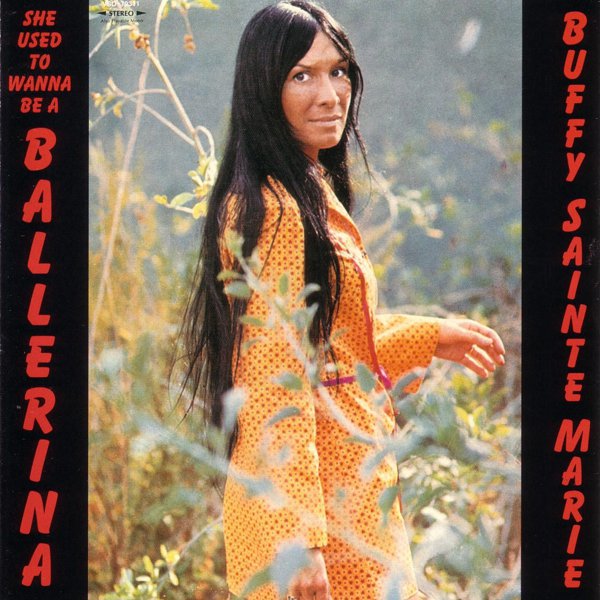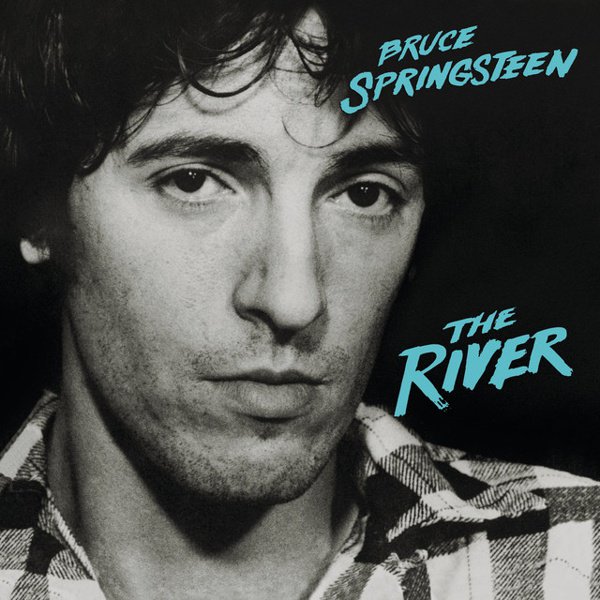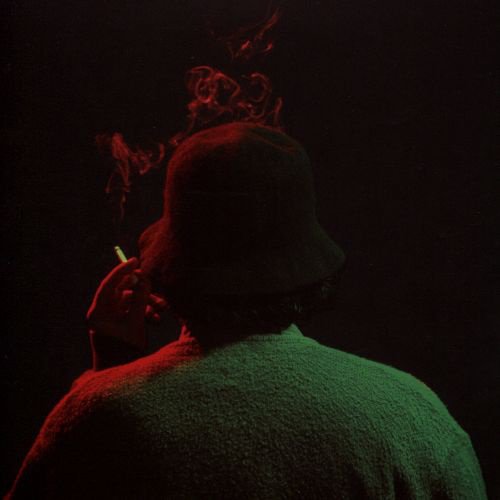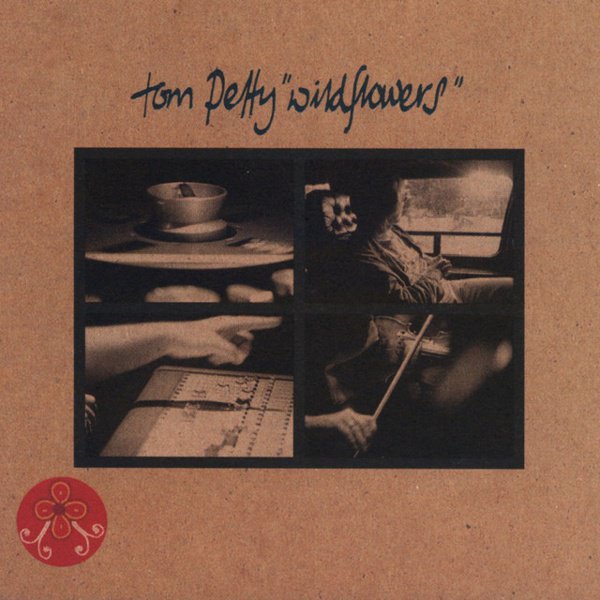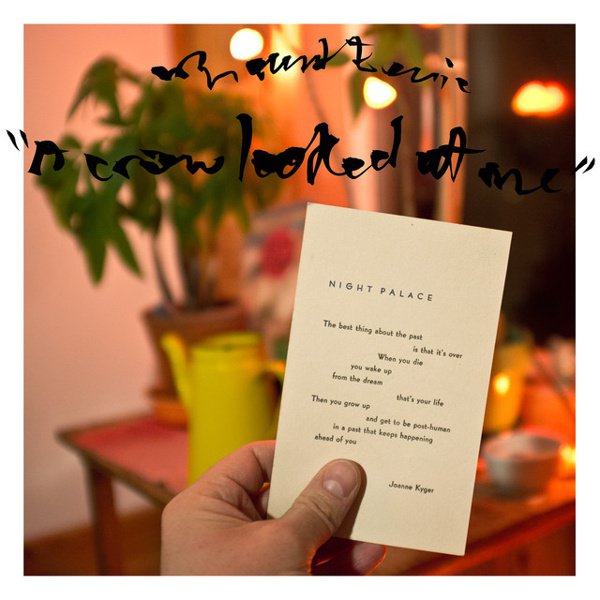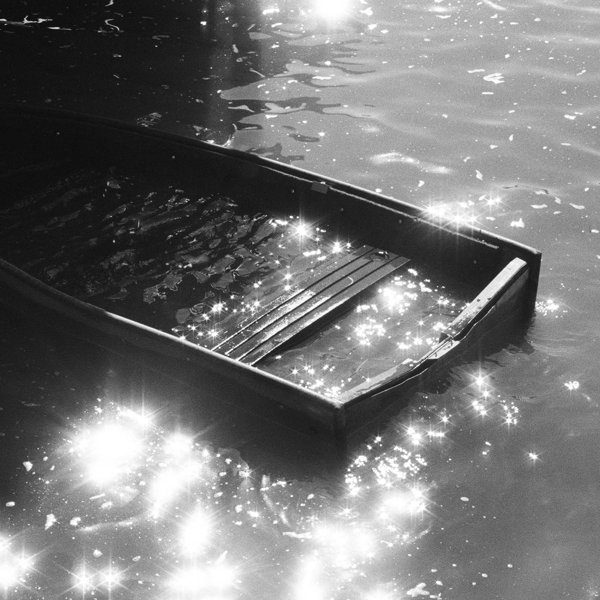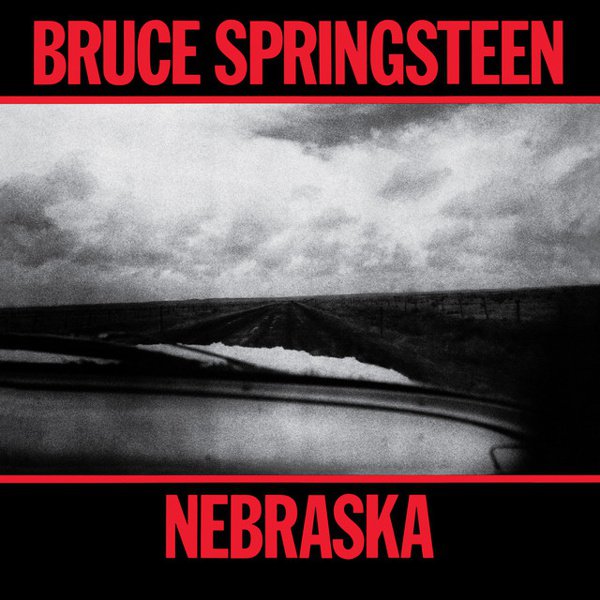
Recommended by
Nebraska
Bruce couldn’t stay in Jersey forever, and Nebraska was the massive break from ritual and method and tradition that The River gestured towards but didn’t necessarily predict. It’s not like most critics saw the potential for Springsteen’s music to slide into a comfortable business-as-usual stasis, but he heard something final and direct in the homemade demos he cut for this album that compelled him to lean into a stark new direction. That’s because the songs he wrote for Nebraska were driven by a sense of isolation and detachment, a bleak reckoning with what happens when the ties that bind loosen enough to let everything fall apart. This couldn’t be a full-group session with the E Street Band, though legends abound of the starkly different energy they captured when they gave it a shot in the studio. This had to be Springsteen alone inside his own head, staring at an endless road through a lo-fi haze of glass-fogging negative space. A lot of its strength draws off something in rock and country’s then-recent ancestry — in part, a connection to the all-too-brief repertoire of Hank Williams and the pivotal early Sun Records-era work of Johnny Cash (the latter influence paid back not long after when the Man in Black covered two cuts from it). But if Nebraska sounds like a superstar returning to his humble origins and then going even further back to dig at the roots, it was in the service of staring into an aching void that felt like it was spreading across the heartland. The title cut opens with a different kind of Badlands invocation than the one that led off Darkness on the Edge of Town — the sick romance and glib sociopathy at the heart of the 1958 Charles Starkweather murder spree that had inspired a similarly meditative-yet-horrifying masterpiece from filmmaker Terence Malick nine years earlier. And the sickness spreads from there. His vision of a declining Atlantic City is even more star-crossed and hollowed-out and last-ditch anxious than Louis Malle’s, from its legendary true-crime opening couplet (“Well they blew up the chicken man in Philly last night/Now they blew up his house, too”) to the hopeful-yet-queasy acknowledgement that this sort of underworld business is the only kind of work its protagonist can find. There’s also the mid-album point/counterpoint police diptych, where the relationship to crime is either compromised by a look-the-other-way familial relationship (the forlorn, ghostly harmonica-permeated outlaw country of “Highway Patrolman”) or hews to a lingering menace that working people have learned to fear (“State Trooper,” a Suicide homage played as acoustic motorik claustrophobia). “Johnny 99” stings as a distinctly early ’80s Rust Belt crime-and-punishment murder ballad, one that doesn’t need to invoke slashed social safety nets or Reaganomics to connect the dots between factory closure and deaths of despair. There’s little respite, and every glimpse at potential promise just reveals more complications: “Mansion on the Hill” reveals the class anxiety beneath the shadow of an unreachable paradise, “Reason to Believe” finds a sort of make-do solace in its examination of half-oblivious but wholly necessary faith, and “Open All Night” stands as one of Springsteen’s most upfront, Vanishing Point-via-Two-Lane Blacktop examinations of a man whose liberatory connection to his car can’t compensate for the fact that it’s tough when you don’t have any passengers on your long, lonely drive.

